Meditation meets art at the Frye Museum
In an urban city like Seattle, stillness can be found in unexpected places. The Frye Art Museum, known for its modern and contemporary art collections, reserves its auditorium to provide people with an opportunity to practice mindfulness and meditation on the first and third Wednesdays of each month, from 12:30 p.m. to 1:00 p.m.
Led by Harborview psychologist Kristoffer Rhoads every first Wednesday of each month, and Zen practitioner Katie Freeman every third Wednesday, these 30-minute midweek meditation sessions can help you reset by bringing your focus on what truly matters and uncovering what’s on your mind, even if you’re not consciously aware of it.
Katie Freeman, social worker and manager at the American Parkinson Disease Association, first began leading guided meditation sessions with patients living with Parkinson’s, a disease that impacts the brain. “Anything that’s going to improve brain health is really good for people with Parkinson’s. And just thinking about family caregivers too, there is so much stress and anxiety that can happen when you’re a caregiver to someone with Parkinson’s. And so having opportunities for just relaxation and stress relief is a really big deal.” Freeman reveals.
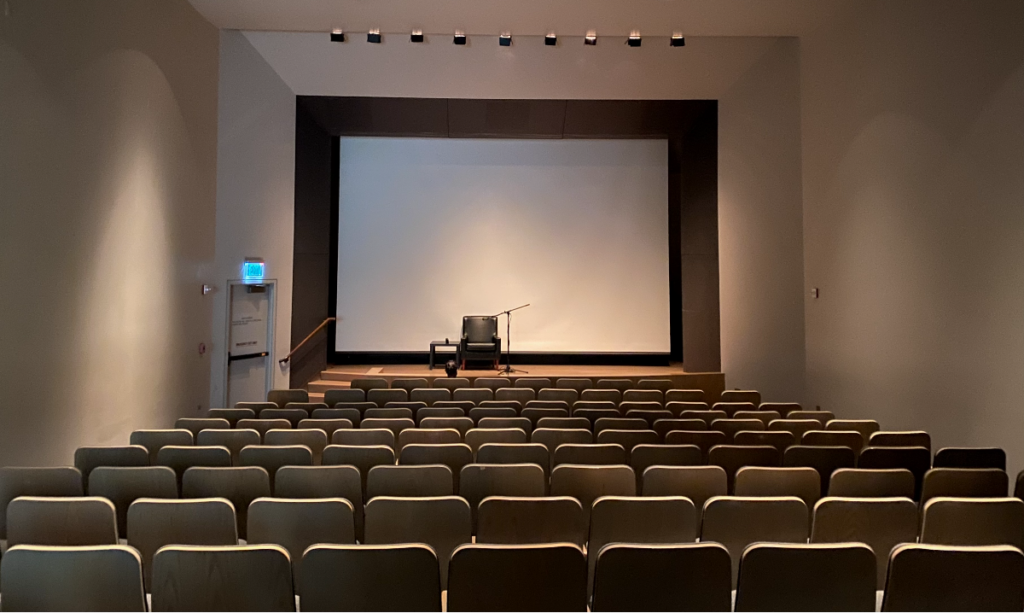
Although often considered a solo practice in the West, these guided meditation sessions offer a chance to be still and centered within a like-minded community. Freeman, with previous knowledge in the study of Zen Buddhism, recognizes the importance of community within Zen culture. “It’s not just me doing this. We are all connected, and part of the practice is I am experiencing my connection to the people around me and to the universe.” Freeman adds.
In a stereotypically solo city such as Seattle, the community is often put on the back burner in many people’s lives. Hustle culture encourages us to focus on our goals and on our own thoughts and ideas so much that we forget that we are all part of a greater collective that impacts all of us on a subconscious level. Freeman recognizes the importance of community by circling back to their Zen practice and the first of the Bodhisattva vows; “Beings are numberless. I vow to save them.”
“This idea that, you know, there’s an infinite number of beings in the world, and I’m going to promise to devote myself to helping those people and to saving those people in a Buddhist context. But that’s impossible. I’m going to fail at that every single day because it’s not something I can do. And learning how to be okay with failure, to fail with grace, and to recognize your own limitations or your own inconsistencies or mistakes. So, yeah, I think that a really important part of this is that it is a practice. There’s no one right or wrong way of doing meditation.” Freeman explains further.
Freeman emphasizes that all participants are asked to do at these guided meditation sessions is to breathe and pay close attention to this fascinating yet overlooked aspect of being alive. With a conscious focus on the breath and the help of verbal guidance from the instructor, participants are encouraged to pay attention to the chaos inside their minds, transmuting the inner noise into stillness. But it won’t always be easy. By calming the mind, one gives themself permission to become aware of the emotions they may have been procrastinating from feeling. In their personal style of guided meditation, Freeman uses the “leaf in the river” technique. “This idea, like, okay, I have a thought that’s really bothering me, or I’m having this feeling that’s not serving me. So I’m just going to imagine it floating away,” they add.

Not only will participants get a chance to turn down the volume of the noise inside their mind, but they’ll also get a chance to experience the stillness of the Frye Art Museum and its ever-changing art exhibits, featuring both European and local Seattle artists, always free of charge. Take a break from your daily routine on the First and Third Wednesdays of each month from 12:30 pm. to 1:00 p.m. to immerse yourself into the world of art and stillness with the help of knowledgeable instructors who hope to make the path to peace accessible to anyone in search of it.

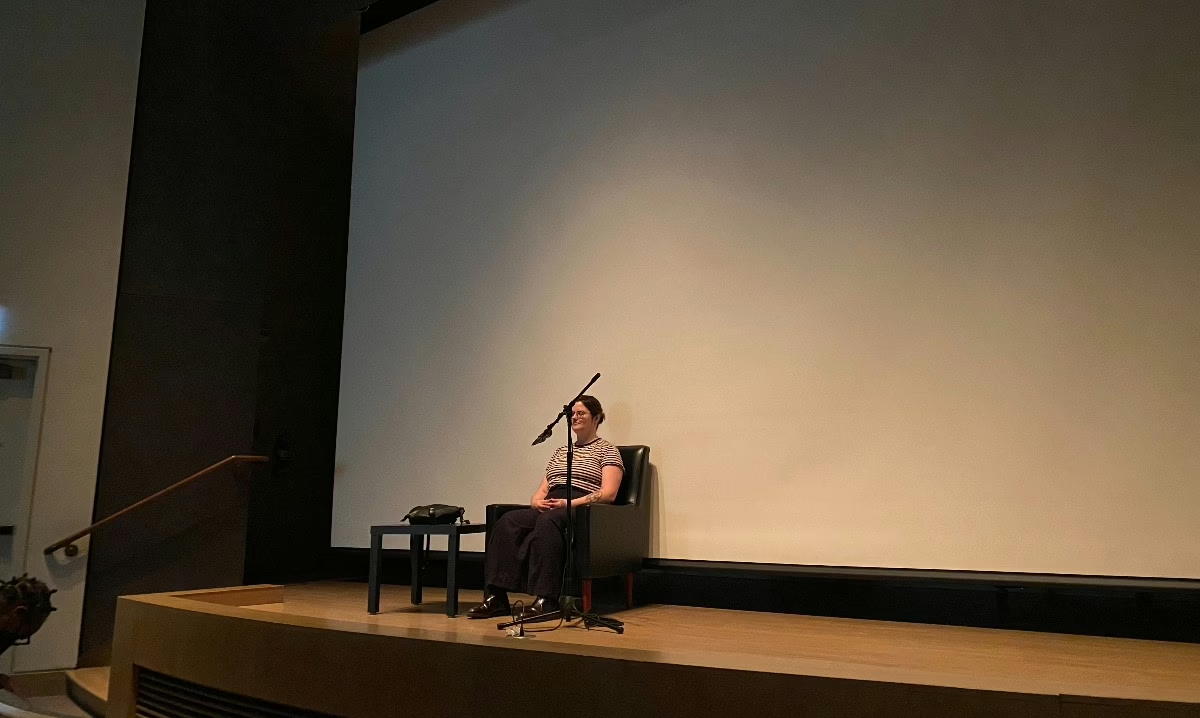

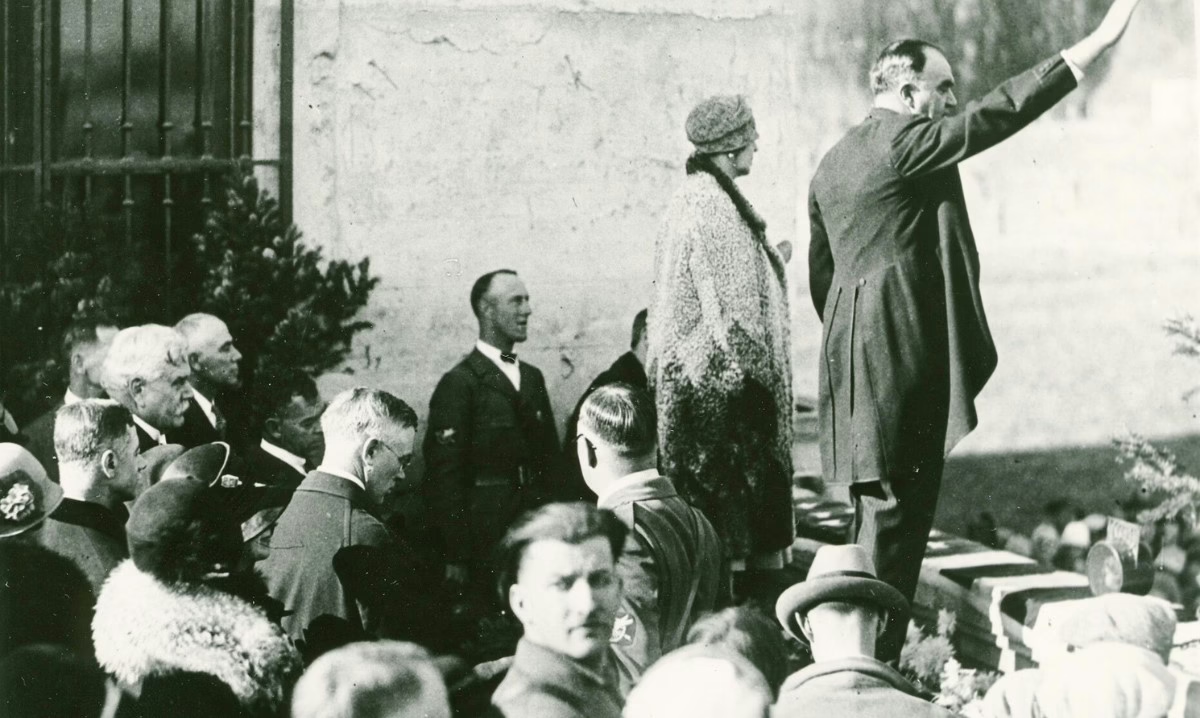

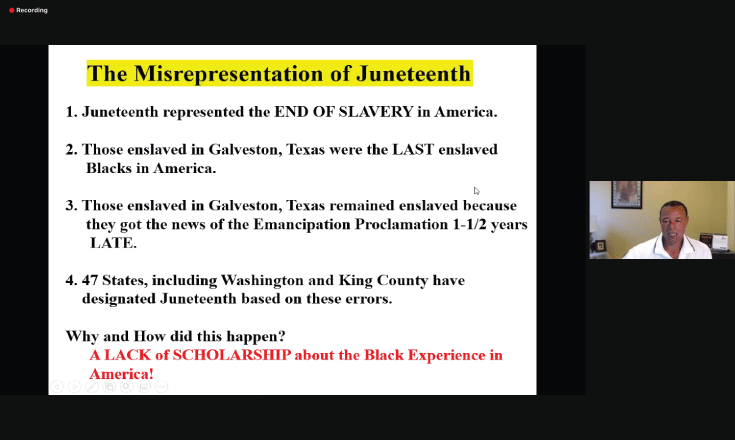
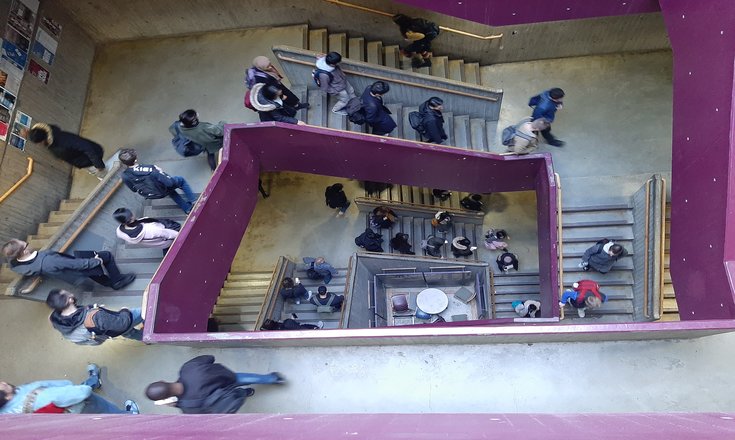

My husband was diagnosed with Parkinson’s disease 2011. His symptoms progressed quickly. Soon he was having difficulty with mobility, slurred speech and even walking. With the help of bine health center PD-5 programme we have been able to reverse his symptoms using diet, herbs, which i feel has made the most difference. The Parkinson’s PD-5 programme immensely helped my husband condition, it reversed his Parkinson’s. His slurred speech, then the tremors, and mobility gradually disappeared, even his handwriting is getting better, he’s now playing golf again. and he turned 69 last month. This treatment is a breakthrough for PWP! DON’T GIVE UP HOPE!!!